Why don’t we enjoy playing with our kids?
Whenever I start talking to a room full of parents about the importance of playing with children, I can feel the energy in the room shift. And not in a good way. Most parents don’t have enough time or energy for playing with our children as much as we think we should, and we feel guilty about that.
Or we engage in play out of a sense of duty – but don’t actually enjoy it.
As you can imagine, a lecture from a parenting expert about why you should all be playing with your kids more goes down like a lead balloon. We feel enough criticism on that score from our own minds, thank you, without anyone else piling on.
Yet playing with our kids IS important – for parents as well as children. Playfulness is a brilliant antidote to working parent stress. It has the potential to jolt us out of our work-mode efficiency thinking mindset and bring us into a present moment in which our children are a source of joy and family life is happier.
So, why do we find it so hard?
1.We’re adults, not children
Children are internally driven to interact with the world playfully in order to learn about the basic principles of the universe (that wood floats, that small things fit inside bigger things and how to get along with others). We already know those things, so we’ve lost that internal compulsion to play.
2.Play doesn’t accomplish anything
Our days are governed by responsibilities and things that need to be done. Playing with our kids doesn’t accomplish anything so it’s easily squeezed out by the scale of our To Do lists and the sheer weight of our mental load. Often, play is actually messy – it creates more work as well as getting in the way of all the other things that need doing.
3.We’re tired
Being playful requires some initial energy to get us going. And at the day when we are already tired from work (and possibly sleep deprived too), that burst of energy is hard to drum up.
4.We follow their lead
Often, when adults play with children we just tag along with what they want to play. They want to play Lego or Barbies and we join in and try to follow their lead (with very little motivation or interest in that specific activity). We play half-heartedly and go through the motions rather than being equal play partners.
And then we feel guilty for not enjoying playing with our kids….
All of which leave this particular parenting expert with a bit of a dilemma. I understand why working parents find play hard and the last thing I want to do is to pile on any more guilt. But I do want you to play with your kids more.
Playfulness really matters. It is an essential ingredient in happy families. It bonds us together, generates positive emotions, creates shared memories, boosts self-esteem and wellbeing and helps us understand our children better. Take the play out of parenting and all you are left with is drudgery.
So, how do we make play more fun? So we actually want to do it?
⇒Play is not the same as playfulness
Reluctantly shuffling Lego pieces around might technically count as playing with your kids but it isn’t at all playful. Being truly playful involves stepping into the moment and being totally engaged in the present. It’s what psychologists call a state of flow in which we lose our self-consciousness and sense of time. Playing without playfulness will always feel like a chore.
But when we enter into a spirit of playfulness with our children, we hit that sweet zone where the whole point of being with children illuminates.
The Work/Parent Switch Anita Cleare
⇒Do the activities you enjoy
Work out what makes you feel playful with your kids (whether that’s kicking a ball or dressing up or colouring) and do the activities you enjoy as much as possible. If you only have 15 minutes for play that day, make it something you want to do. That makes it much easier to get started when your energy levels are low.
Playfulness is a bit like exercise – it requires a bit of effort but once you get going, it repays you with extra energy. You are far more likely to make play a habit if you do the things that give you that return on investment.
⇒Set a timer
Instead of saying to your child, “I can play for 15 minutes,” and then spending the whole of that fifteen minutes thinking about the jobs you need to do (dinner, homework, client call, whatever), set a timer for 10 minutes on your phone and commit to being wholehearted in your play for that small window.
⇒It’s OK to be disruptive
If you are not enjoying yourself? You don’t have to do what your child wants. Pretend you are six. Regress. If you don’t like the current game, stand up and make a star shape, or sing a silly song, or make faces, or stand on your head, or grab a dinosaur to roar at the Barbies, or lie on the floor and pretend to be asleep and say “I hope no-one tickles me because I really need to sleep [snore]”… Playfulness isn’t about compliance, it’s about co-creation.
You might not discover a new favourite game every day, or make a memory that lasts forever, but in that ten minutes you’ll build connection with your child, find some respite from the mental load and feel like you’re getting parenting a bit more ‘right’.

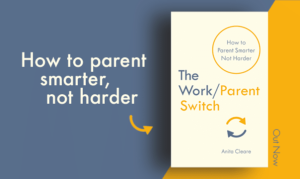
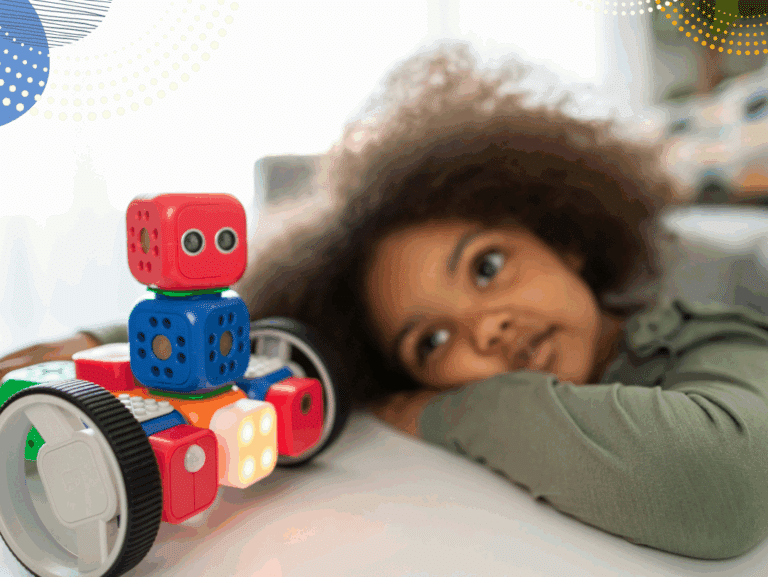

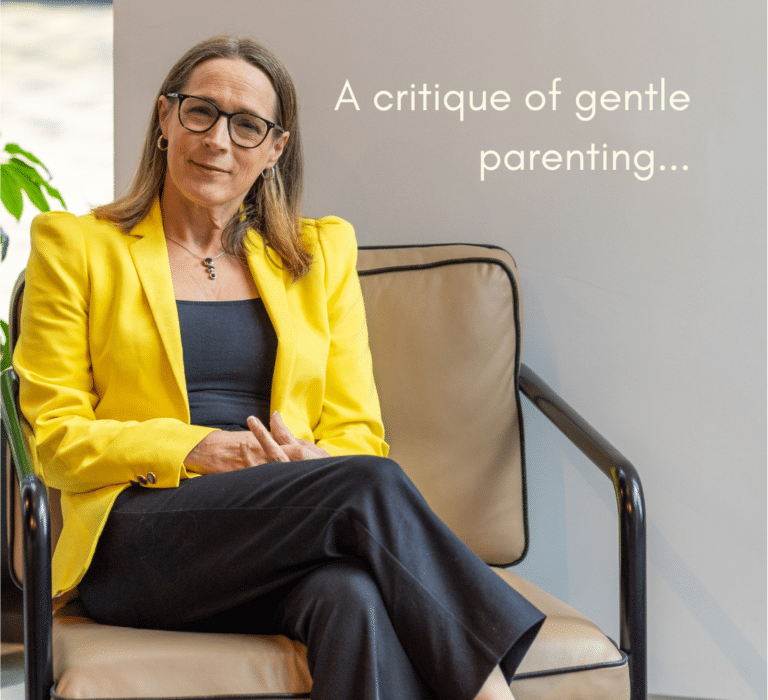
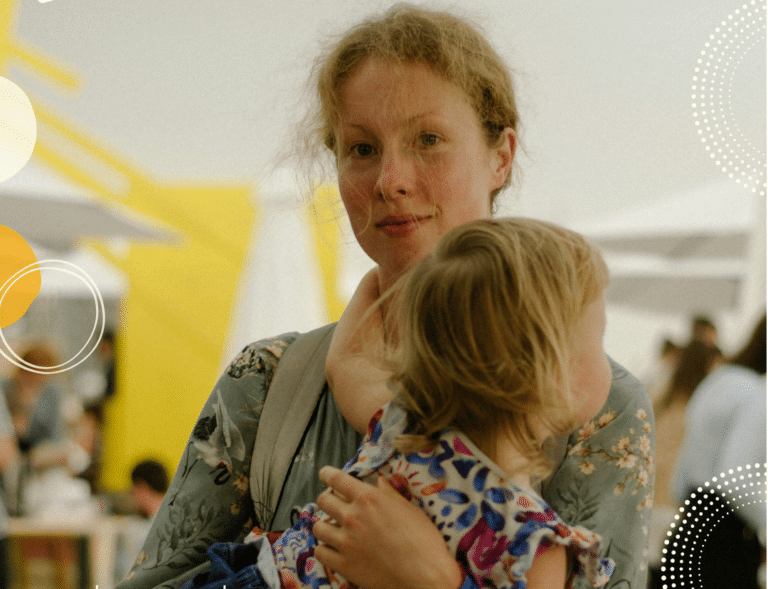
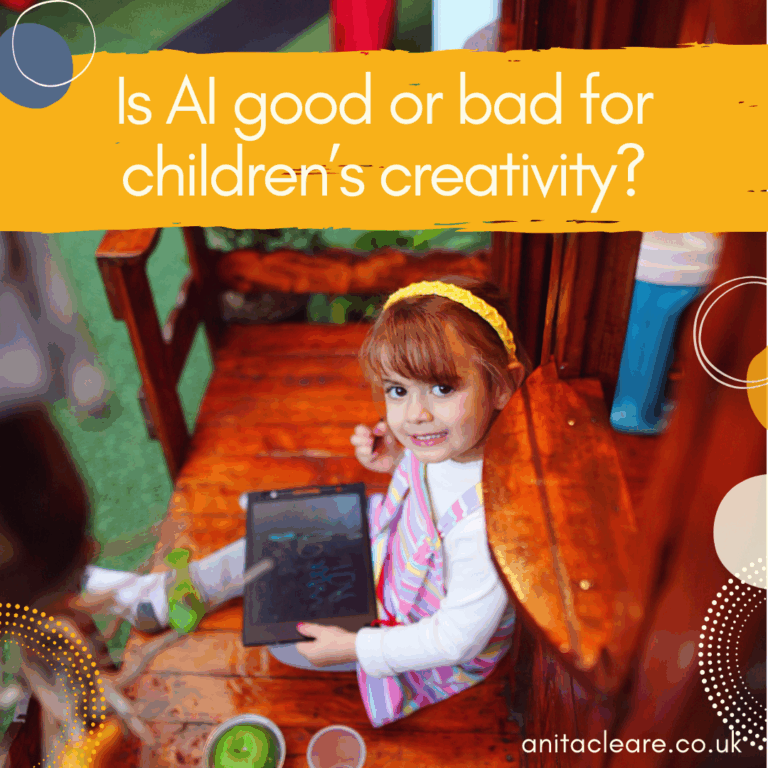

Leave a Reply